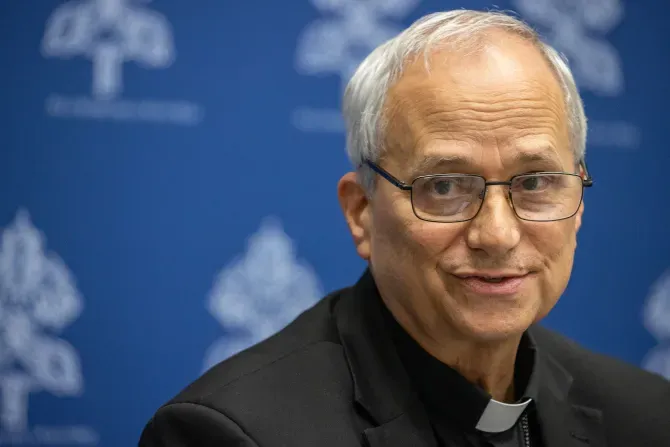Vatican City, 26 October, 2023 / 2:40 pm (ACI Africa).
Synod on Synodality delegate Cardinal Robert Francis Prevost said this week that “clericalizing women” would not solve problems in the Catholic Church.
When asked about calls for women’s governance in the Catholic Church at a synod press conference on Oct. 25, the American cardinal underlined that “the apostolic tradition is something that has been spelled out very clearly, especially if you want to talk about the question of women’s ordination to the priesthood.”
“Something that needs to be said also is that ordaining women — and there’s been some women that have said this interestingly enough — ‘clericalizing women’ doesn’t necessarily solve a problem, it might make a new problem,” Prevost told journalists.
“And perhaps we need to look at a new understanding or different understanding of both leadership, power, authority, and service — above all service — in the Church from the different perspectives that can be, if you will, brought to the life of the Church by women and men.”
The cardinal, who has served as the prefect of the Vatican Dicastery for Bishops, noted that the Catholic Church is not a mirror image of society and “needs to be different.”








